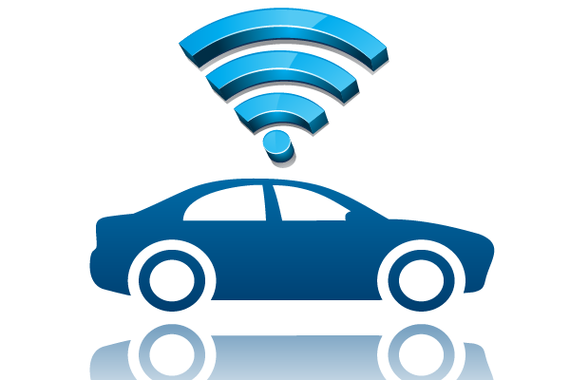
Engaging healthy young people in prevention is one of the most important and difficult tasks in public health. The batting average of the medical establishment has been poor. An innovative startup cab company may have an answer.
The United States experiences epidemics of seasonal flu every year. It claims the life of 3,000 to 49,000 people annually depending on the strain. Every flu season nearly 111 million workdays are lost due to the flu. That equals approximately $7 billion per year in sick days and lost productivity.
The single most effective way of preventing influenza is vaccination. Despite efforts to increase accessibility, only 30% of adults aged 18 to 49 years get a flu vaccine. John Brownstein, director of the Computational Epidemiology Group at Boston Childrens Hospital, thought making vaccination more convenient might change things.
Brownstein creates technology to track and promote public health. In 2014 he tested his convenience hypothesis by combining two technologies and co-creating UberHEALTH. HealthMap Vaccine Finder, an organization he developed, connects the public to local vaccine providers through a searchable online map. Uber, another mobile application, connects riders and drivers. For one day in Boston, Chicago, New York City, and Washington, DC users could order delivery of flu vaccine to their home or office with a nurse to administer 1 to 10 doses. Registered nurses were arranged through Passport Health, a company with clinics that provide travel medicine and immunization services in most urban locations in North America, and Pager, a company in New York City that provides medical services at the patient's site for common illnesses and minor injuries. The service was free. 2057 people were vaccinated.
This proved that the availability of new information technology and service organizations can access large numbers of people who will get vaccinated if they can dictate when and where.
This year the program was offered in 36 cities. For $10 up to 10 people could get vaccinated. PassPortHealth (a company specializing in administering immunization clinics) and Epidemico (a public health data-mining company that Brownstein was involved in starting) shared funding and execution of the project with Uber.
It may seem strange that innovation in health care is coming from the marriage of information technology and a cab company. This speaks to an unconscious bias that health is a doctor's domain. The reality is doctors know little about health and lots about illness. Doctors and pharmaceutical companies and insurance companies control the system. It is not a health care system. It is a sick care system. Sick care is important. But it is different than health care in the same way that treating a disease is different than preventing it.
Health care delivery is a complicated and costly service industry. But it is a service industry. The consumer's convenience and comfort often seems less important than that of the doctor or hospital. We live in a time where the greatest threat to our health is ourselves. Most illness is caused by our behavior, what we do and don't do. Nothing is more difficult to change than human behavior. This UberHealth initiative demonstrates that making healthy behavior more convenient does make it more likely.
Uberhealth uber alles.
